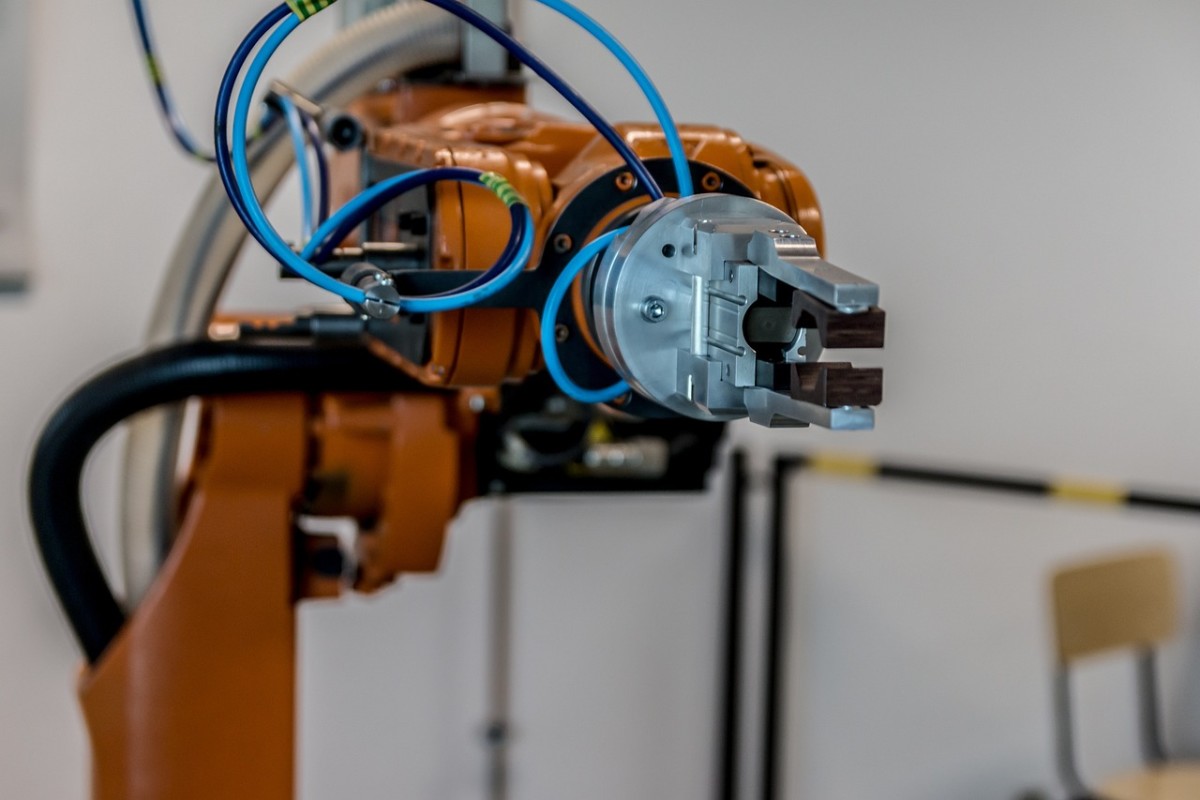Humanities and Social Sciences
Humanistic and social sciences This specialization covers a great deal of research.
Humanistic and social sciences
This specialization covers a great deal of research, such as quantitative analyzes and analyzes related to cultural associations.
"Research in human and social sciences is changing," said Peter Dorn, director of data archiving for web services in the Netherlands.
Radical The questions nobody can answer now are easy to answer because there are new ways to interview and ask questions. These approaches today include complete digitization and many databases.
Are you a social person? Do you like talking with people and helping them? What percentage of curiosity do you have on a scale of 1 to 10. If the answer to these questions is positive, does it mean that the specialization of the humanities and social sciences will be the ideal specialty for you?
What are the human sciences and the social sciences?
Human and social sciences have vast areas of study. It consists of two parts: the humanities and the social sciences. In the humanities you will learn a lot about philosophy, history, literature, religion, music and the human condition. While the social sciences are more closely related to human behaviour. The field of study here is criminology, gerontology, law, political science, psychology, human development and others.
Why should you study this specialty?
After completing his studies in this specialization, he will perform a job that machines and equipment can not perform. All work related to this specialization requires a lot of interaction with people.
1. You will have ample knowledge of human thought and also a strong knowledge of human ingenuity
2. Of course, there will be many job opportunities after finishing their studies.
3. You will be able to identify people's social and emotional intelligence.
The features you get are vibrant, not like the other traditional office functions. There is no specific daily routine, because you will have to face many people every day, like criminals and other layers of society.
What skills will you develop?
After graduation, you will look for a job. Like any other job, you will need some skills to succeed. The following skills are very important to successfully develop in this specialty:
communication skills:
It would be strange to study this specialty that requires a lot of interaction with people and you do not have any communication skills. You should be familiar with the technical conditions of employment in this specialty, and the only way is to practice and talk with other people so you can get used to it.
Interrogation skills:
In your career, you can work as a criminal investigator or psychologist. Many of the works related to this discipline require interrogation skills. You will learn how to ask the right question at the right time.
Analysis, research and evaluation:
You will learn how to gather information, tests or data for analysis. This information will be verified, identified and known for their accuracy and reliability. After the investigation and the analysis, everything will be evaluated and the results will be extracted.
In which jobs can you work after studying for the humanities and social sciences?
lawyer:
Lawyers are appointed in some cases that may contain criminal and civil claims and defend clients in court. This work is ideal for people who like polemics. Lawyers are good at negotiations and discussions and are very calm under pressure. Lawyers have excellent communication skills and are always concerned with details.
Legal Assistant:
Legal assistants work closely with lawyers. Legal assistants know everything about the case and are responsible for preparing the files before and after the process, establishing case references, helping witnesses, participating in hearings, rehearsals and more. Essentially, I'm the lawyer's main partner, but the only difference is that they cannot defend customers in court.
Criminal investigator:
The criminal investigator investigates the guilty. He uses surveillance cameras and interrogates witnesses to conduct investigations. Prepare reports, monitor suspects, collect evidence and communicate with other departments to help resolve cases.
Psychologist:
Psychologists study the human mind to learn about different behaviours and personalities. They identify cases that suffer from mental disorders and sometimes can help people with memory loss. They can work from their clinics, but some also work in hospitals, clinics, schools, army or prison. The psychiatrist must obtain a work permit from the state.
Director of Government Affairs:
These managers work with the state, federal governments and the media. Good communication skills are a prerequisite for this work, as you will communicate with many other employees and managers. They also understand who represents the organization that comes from them, participates in meetings, develops relationships with potential partners and local governments.
Legal administrative assistant:
Legal administrative assistants work in the same field as lawyers and paralegals. They help them with tasks such as searching, filing, filing complaints and complaints, as well as maintaining legal libraries.







![5 Reasons Why Music is Important in any Society [Updated 2020] 5 Reasons Why Music is Important in any Society [Updated 2020]](https://images.saymedia-content.com/.image/t_share/MjA0NjIzNTE4NDE4MTUxMzUz/why-is-music-important.png)
